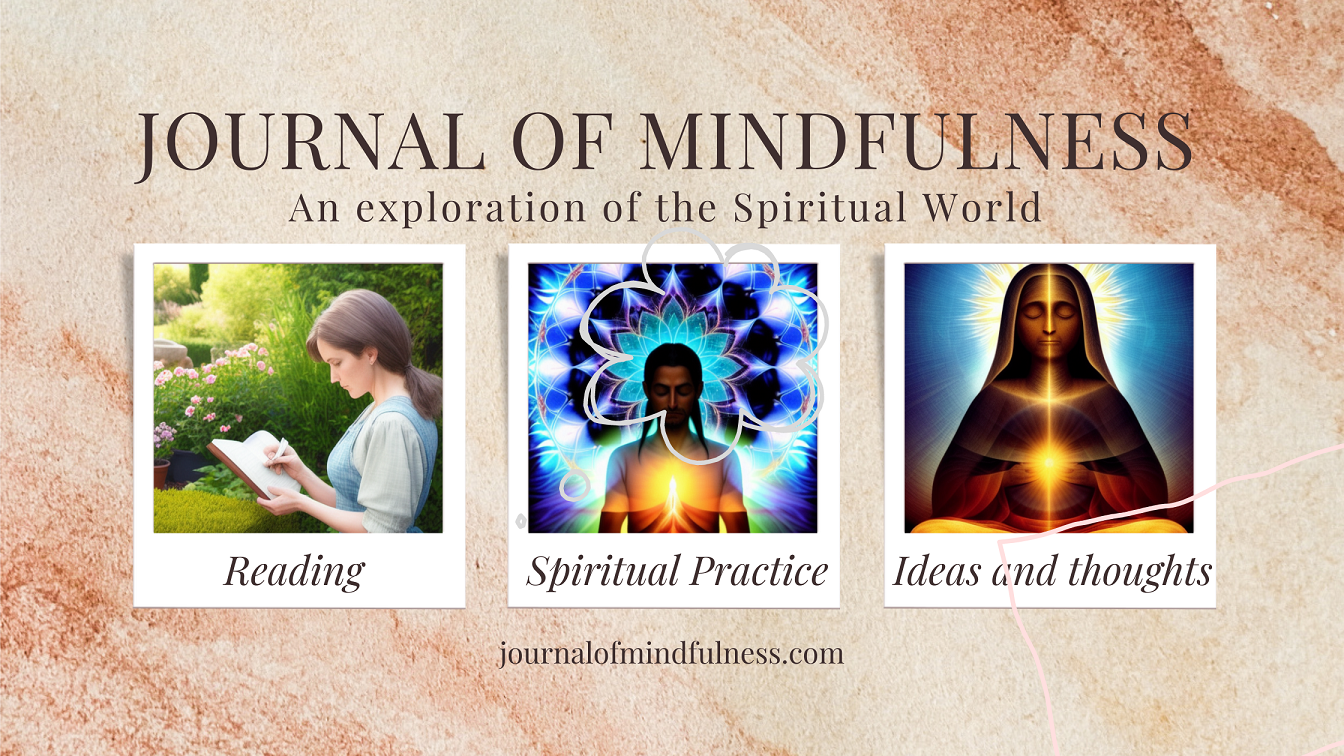Transcending Ego in Love
Transcending the ego is a concept often discussed in spiritual and philosophical traditions. It involves moving beyond the limited sense of self and identification with the ego, which is the aspect of our consciousness associated with our individual identity, desires, and attachments. While transcending the ego is a complex and deeply personal journey, here are some general approaches and practices that can aid in this process:
- Self-Inquiry and Awareness: Engage in self-inquiry practices to gain a deeper understanding of the nature of the ego. Reflect on questions like “Who am I?” or “What is the source of my identity?” Develop self-awareness by observing your thoughts, emotions, and patterns of behavior without judgment. By observing the ego in action, you can begin to disidentify from its transient nature and recognize it as a construct rather than your true essence.
- Meditation and Mindfulness: Regular meditation and mindfulness practices can help cultivate present-moment awareness and detachment from ego-driven thoughts and desires. By observing the fluctuations of the mind and returning to the stillness within, you can gradually transcend the ego’s constant chatter and gain insight into your true self beyond the egoic identity.
- Letting Go of Attachments: Identify and let go of attachments and expectations that reinforce the ego’s influence. This includes attachments to material possessions, relationships, roles, and outcomes. Practice non-attachment by cultivating acceptance of the impermanence of life and embracing the present moment as it is, without constantly seeking validation or fulfillment from external sources.
- Cultivating Compassion and Love: Cultivate qualities such as compassion, empathy, and love towards oneself and others. When we shift our focus from self-centeredness to caring for the well-being of all beings, the ego’s grip loosens. Compassion and love expand our sense of identity beyond the narrow confines of the ego, connecting us to the interconnectedness of all life.
- Seek Transcendent Experiences: Engage in practices that provide glimpses of transcendence, such as nature immersion, artistic expression, deep contemplation, or engaging in activities that bring a sense of flow. These experiences can help temporarily transcend the ego’s limitations and offer insights into a greater reality beyond the self.
- Study Spiritual Teachings: Explore spiritual teachings, texts, and philosophies that discuss the nature of ego, consciousness, and self-realization. Various traditions offer insights and guidance on transcending the ego, including Advaita Vedanta, Buddhism, Taoism, and mystical branches of different religions.
It’s essential to recognize that transcending the ego is a gradual and ongoing process that differs for each individual. It requires patience, self-compassion, and a commitment to inner exploration. It’s not about eradicating the ego entirely, but rather developing a healthier relationship with it and aligning with the deeper truth of our interconnected and expansive nature.
Examine the role of ego in relationships and how it can hinder spiritual growth. Share stories of individuals who have faced challenges in their relationships and found ways to transcend their egos, allowing love and compassion to prevail and deepen their connections with their partners.
Within the realm of relationships, the ego often takes center stage, wielding its power over our thoughts, emotions, and actions. It seeks validation, control, and self-preservation, often at the expense of genuine love and spiritual growth. However, when we learn to transcend the ego, we open ourselves to a profound transformation, allowing love and compassion to guide our connections with others.
The ego’s presence in relationships can manifest in various ways. It may fuel conflicts, foster a sense of superiority or inferiority, create expectations and attachments, and hinder authentic communication. It thrives on separation, keeping us disconnected from the essence of our true selves and preventing us from experiencing the deep connection and spiritual growth that relationships can offer.
Yet, in the face of these challenges, there are individuals who have embarked on the journey of transcending ego in love, finding a path to liberation and awakening. Consider this story of Maya and Ryan, a couple entangled in a web of ego-driven patterns. Both were locked in a battle of power, seeking to protect their individual desires and identities. Their relationship became a battlefield, with each partner defending their egoic stance.
However, a turning point came when Maya and Ryan recognized the destructive nature of their ego-driven patterns. Through self-reflection and spiritual practices such as meditation and self-inquiry, they began to witness the ways in which their egos had hindered their growth and connection. They understood that love and compassion were the keys to transcendence.
With this newfound awareness, Maya and Ryan embarked on a journey of self-transformation. They made a commitment to be more present, to listen deeply to one another, and to let go of the need to be right. They embraced vulnerability and authenticity, allowing their hearts to open and genuine love to flow between them.
As they transcended their egos, a profound shift occurred within their relationship. Love became their guiding force, replacing judgment and defensiveness with understanding and acceptance. They learned to hold space for each other’s growth and to celebrate their individual journeys. Through this process, their connection deepened, and their relationship became a sacred ground for spiritual expansion.
Maya and Ryan’s story is a testament to the transformative power of transcending ego in love. It teaches us that by recognizing and disengaging from ego-driven patterns, we create space for love and compassion to flourish. It is through the practice of non-attachment, empathy, and conscious communication that we can dissolve the barriers that separate us and embrace the profound growth that relationships offer.
Transcending ego in love is not a one-time achievement but a continuous practice. It requires patience, self-reflection, and a commitment to personal and spiritual growth. Yet, the rewards are immense—deeper connections, increased intimacy, and the expansion of our hearts and souls.
As we learn to transcend ego in our relationships, we contribute to a collective shift toward a more compassionate and loving world. We become vessels of divine love, offering our partners and ourselves the gift of spiritual growth, and discovering the boundless beauty that lies beyond the limitations of the egoic self.




